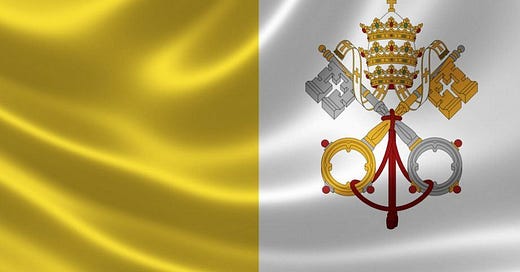I Almost Worked for the Holy See: One Gay Catholic’s Response to Discrimination
The University had agreed to the position: gay persons need not apply.
I first came to know the Catholic Studies department at the University of St. Thomas while on its undergraduate Rome program. I was trying to claw my way out of depression during that semester. The year before, I had been kicked out of my dorm at Notre Dame because of a confusing same-sex relationship, and also banned from attending Mass in that dorm’s …



